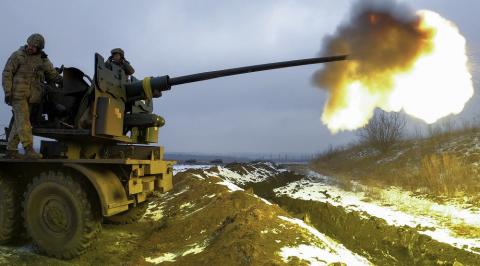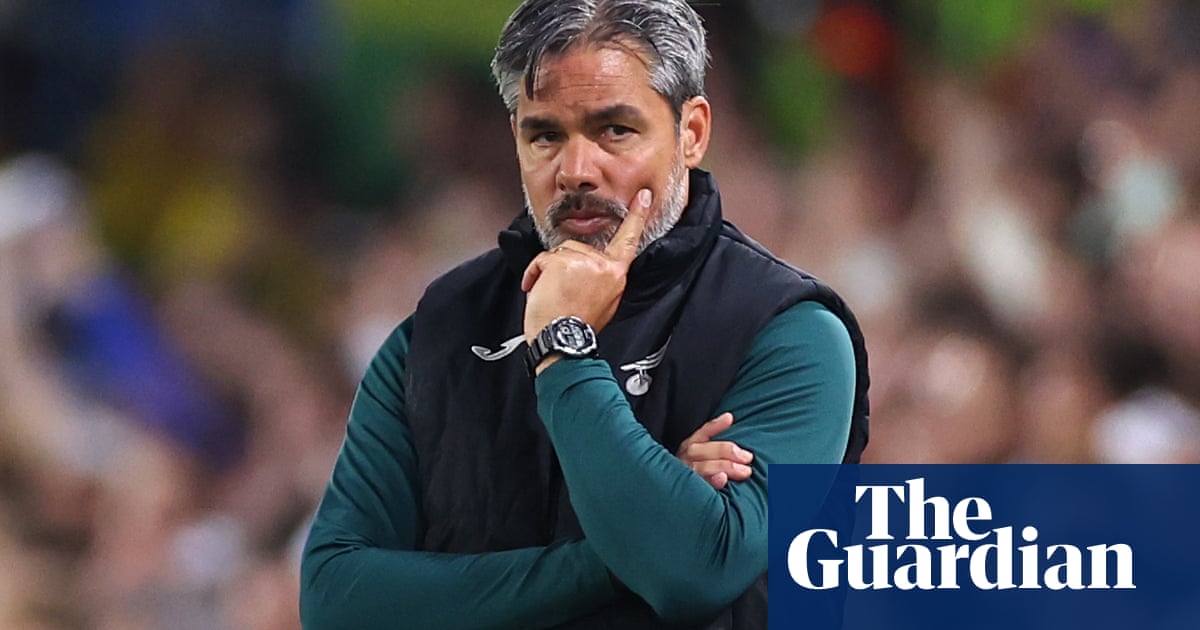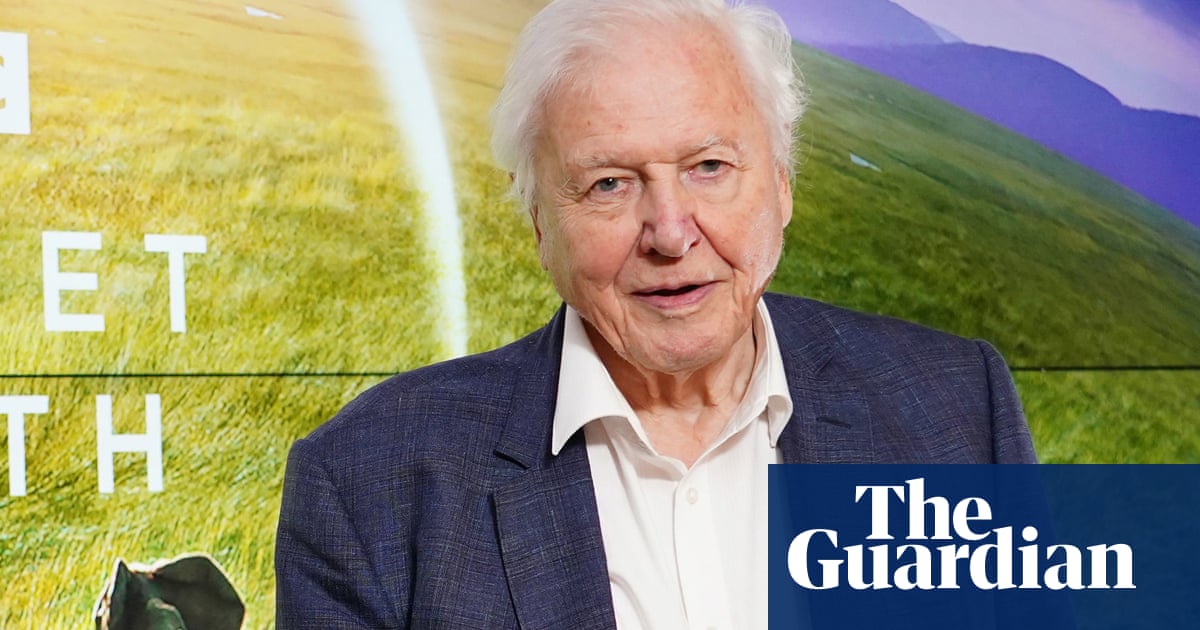
When football clubs and their managers part by “mutual consent” the consent is invariably a lot more mutual on the part of one side than the other. Social media being as it is, it came as little or no surprise when the reaction of many Huddersfield Town fans and neutrals to Monday’s announcement by the club’s Twitter account that David Wagner and the club had severed ties in just such a fashion was one of mouth-foaming outrage based on the incorrect assumption the German had been fired.
For those who actually took the time to read the accompanying statement, it was soon clear the agreement on this parting of the ways seemed genuinely reciprocal. The conversation that ultimately led to his departure was initiated by Wagner, who offered to stand down at the end of the season citing his need for a break “from the rigors of football management”. It was eventually decided between the hierarchy and manager that it would be best for the club if he left immediately. Now they find themselves marooned at the bottom of the Premier League without the man who masterminded their unlikely passage to the top tier. One of top-flight football’s few genuinely warm and gloopy romances has come to an amicable but ultimately sad end.
“I know the term ‘mutual consent’ is often a byword for the manager being sacked in professional football, but this is a truly joint decision,” said Huddersfield’s chairman, Dean Hoyle, who had repeatedly insisted he would not sack Wagner and reiterated the sentiment in a statement that suggests his relationship with his former manager remains genuinely warm. Who the club will turn to remains to be seen, but what is certain is that the coach in question will have extremely big boots to fill.
Wagner was appointed in November 2015, with Huddersfield 18th in the Championship having won three league games out of 15. “David’s football philosophy is directly in line with ours; he fits for what we need,” said Hoyle at the time of a man who had resigned from his role with Borussia Dortmund’s under-23s one month previously. “He is the club’s first [head coach] from outside the UK and he brings a new approach and new ideas.”
Those ideas took a while to implement and Huddersfield finished 19th that season. However, following a net outlay of less than £3m, they finished fifth in the following campaign and secured one of the more unlikely promotions in living memory through the playoffs. Their fairytale rise was secured by a spot-kick in a shootout against Reading scored by their then £1.8m record signing, Christopher Schindler. In a division where the net spend of a comparatively unsuccessful team such as Aston Villa was around £40m, it crowned an extraordinary achievement. Unwilling to gouge the club’s supporters, Hoyle announced there would be no rise in season-ticket prices.
Few gave Huddersfield the proverbial snowball’s chance in hell of staying up and Guardian writers were kinder than most in predicting a finish of 19th. Wagner had turned down more lucrative offers in order to see out the adventure and a raft of new record signings, purchased collectively for less than the price of a Manchester City full-back, helped secure seven points from the first nine available and lay the foundations for extremely unlikely survival. A win over Manchester United was arguably the highlight of their season, before safety was secured with a game to spare courtesy of back-to-back draws at Manchester City and Chelsea. This led to Wagner signing a new three-year deal worth £7.5m, when – perhaps with the benefit of hindsight – he might have been better advised considering offers from elsewhere. West Ham, Leicester City and Everton were reported to be interested, while the antennae of several clubs from Germany were also believed to be twitching.
While Huddersfield stayed up on their own merits, it’s hardly unfair to say they were helped by the proliferation of comparatively rich but terrible teams swirling around the Premier League plughole. Upon signing his latest deal, Wagner made clear the club had by no means consolidated their position in the top flight. “We still have a lot of work to do as we adapt to life in the Premier League,” he said. “But this club and its people have the ambition, desire, and attitude to take this challenge on.”
The ambition, desire, and attitude, certainly. But on the face of all available evidence this season, not the ability. Huddersfield have won two games out of 22, scoring 13 goals. While the effort of Wagner’s players cannot be faulted, and was often praised in defeat by their manager, their inability to score with anything approaching regularity suggests the collective is just not good enough. For every goal they do score, they concede almost three and, eight points adrift of safety, such numbers are simply not sustainable.
Following a recent defeat against Fulham their players looked mentally broken, and their most recent match against Cardiff ended with Wagner embarking on a post-match rant against the referee Lee Mason that was uncharacteristically embittered. It was difficult to avoid the suspicion he knew the jig was up.
Beyond almost certain relegation, what the future holds for Huddersfield could scarcely be more unclear. The suddenness of Wagner’s departure suggests a replacement has almost certainly not been lined up, while Sam Allardyce, that noted firefighter and unimaginative bookies’ favorite to take over, has ruled himself out of a job he seems unlikely to have been given by an owner as progressive as Hoyle.
For the time being, Mark Hudson has been promoted from his position as under-23 coach to take charge of Sunday’s home match against Manchester City. Baptisms don’t get much more flammable and victory could herald a new chapter in the recent fairytale.
Meanwhile, Wagner leaves with his reputation untarnished and will almost certainly find himself in lucrative, gainful employment as soon as he decides he is ready to return.(The Guardian)












